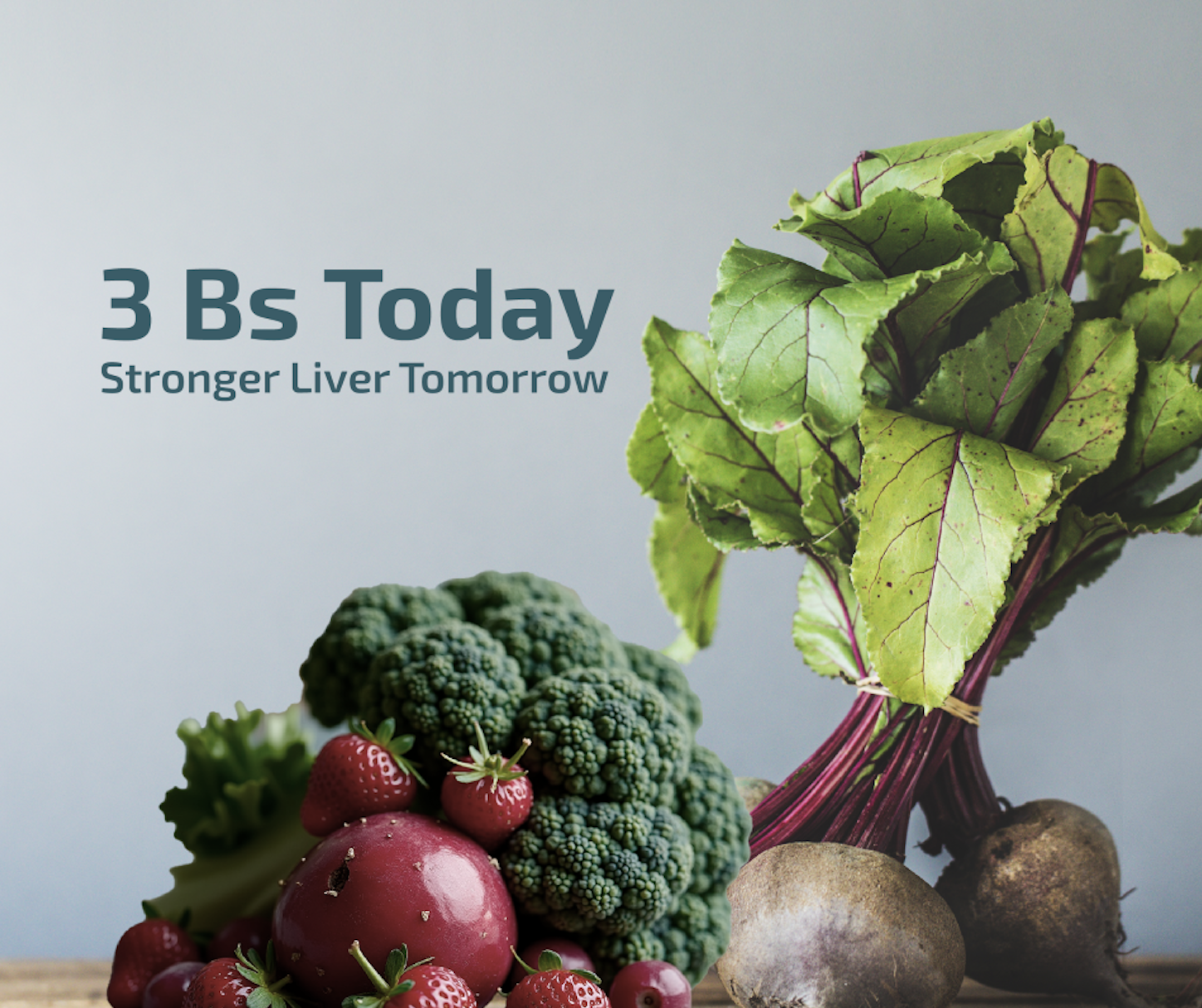Fatty liver disease is one of the most common yet overlooked health problems today. Often called a “silent condition”, it can progress quietly for years before showing symptoms by which time it may have advanced to fibrosis, cirrhosis, or even liver cancer. The good news is that both lifestyle changes and early detection can dramatically reduce this risk.
Recently, a Harvard-trained gastroenterologist highlighted a simple, memorable approach: the “3 Bs diet” —> Berries, Broccoli, and Beets.
Why the “3 Bs” Matter?
-
Berries: Packed with antioxidants like anthocyanins, berries help reduce oxidative stress and inflammation in the liver, both key drivers of long-term damage.
-
Broccoli: Rich in sulforaphane and fiber, broccoli supports natural detoxification pathways and promotes healthy fat metabolism.
-
Beets: Loaded with betalains, beets improve blood flow and help the liver eliminate toxins more efficiently.
Alongside these foods, experts also recommend black coffee, green tea, matcha, and turmeric (when paired with black pepper) for their liver-protective properties.
Why Diet Alone Isn’t Enough?
While following a fatty liver diet can help reduce the risk, it’s important to remember that fatty liver disease (MASLD/MASH) often develops silently. Many people may already have steatosis, inflammation, or fibrosis without knowing it.
That’s why non-invasive liver tests are critical for early detection. Traditional methods like liver biopsy are invasive, while ultrasound or CT scans may miss early stages. This is where innovation makes a difference.
Fibronostics: Turning Prevention Into Action
At Fibronostics, we combine preventive nutrition insights like the “3 Bs diet” with advanced non-invasive diagnostics:
-
LIVERFASt™: A non-invasive, blood-based test that measures fibrosis, steatosis, and inflammation with precision.
-
LIVERSTAT: A quick triage tool for clinicians, using standard lab markers to identify patients at risk of advanced fibrosis.
Together, these tools ensure early detection and ongoing monitoring, so interventions like dietary changes, exercise, or medication can be introduced before irreversible damage occurs.
Takeaway
Supporting your liver doesn’t have to be complicated. Adding the “3 Bs” —> berries, broccoli, and beets to your plate is a small step with potentially big impact. And when paired with early, non-invasive diagnostics, it paves the way for a healthier, more proactive future in liver care.
